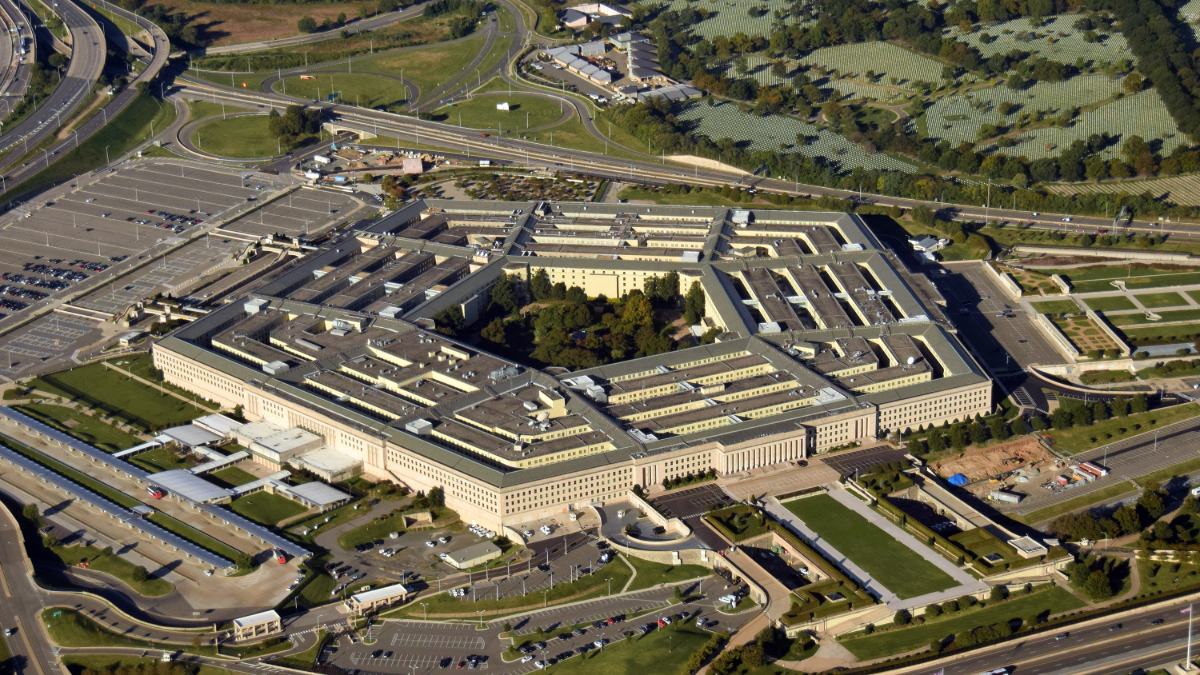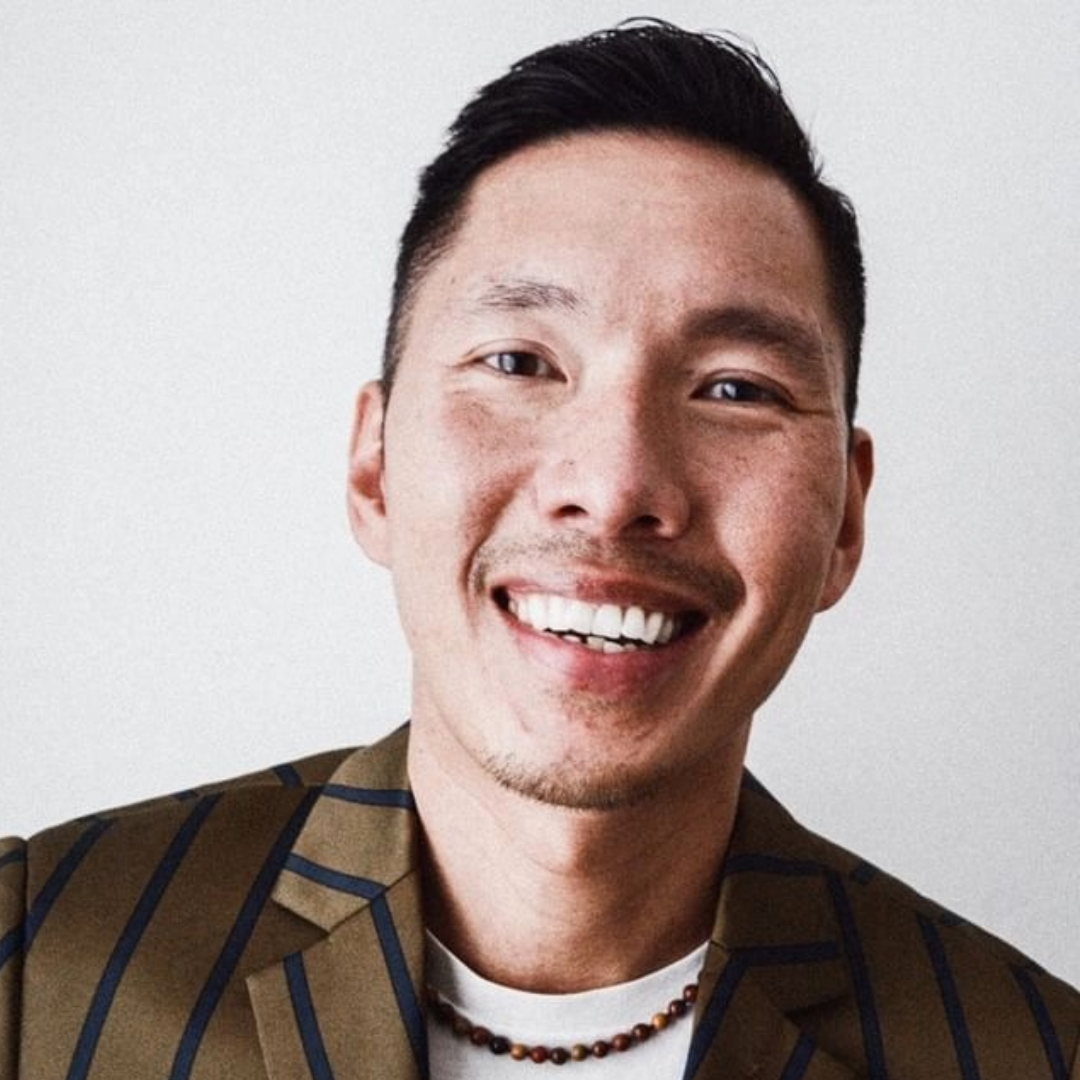Targeted Countries Should Demand Accountability from the Pentagon and Platforms for COVID Disinformation
Jonathan Corpus Ong / Jul 15, 2024Independent researchers from targeted countries should collaborate to probe who exactly was responsible for the US military’s disinformation campaign and whether platforms did enough to protect their countries, writes Jonathan Corpus Ong, inaugural director of the Global Technology for Social Justice Lab at the University of Massachusetts Amherst.

The Pentagon, headquarters of the United States Department of Defense, in Arlington County, Virginia. Shutterstock
A recent Reuters report triggered major shockwaves in the foreign policy and global journalism communities by exposing the Pentagon’s COVID-19 vaccine disinformation campaign. Masterminded in Washington, D.C. to discredit China’s vaccine diplomacy toward countries in Southeast and Central Asia and the Middle East between 2020 and 2021, the campaign stoked public anxieties about vaccine side effects by preying on underlying anti-China sentiments in these regions.
The tactics used by the Pentagon are very familiar to researchers in the field. The report featured screenshots of snarky memes with inside jokes expressed in local languages, decontextualized images, and Muslim-targeted fear-mongering that China’s vaccines contain pork gelatin and therefore should be illegal under Islamic law.
But what makes the report all the more shocking are the depth and breadth of the reporters’ interviews with various US diplomats and military contractors who stood on conflicting sides of the operation: those who designed and justified its deployment and those who spoke out against it. With a powerful focus on the anonymous testimonies from diplomatic officials who had objected to the use of psychological operations during a pandemic, Reuters journalists Christopher Bing and Joel Schectman painted a sharp picture of ideological and bureaucratic infighting between the Pentagon and US State Department at a moment of peak global tragedy.
For US State diplomats, fighting fire with fire was never an option, even in the face of China’s own efforts to spread false information about the origins of COVID. But under the leadership of Special Operations Command Pacific General Jonathan Braga, responsible for Southeast Asia operations, the US military justified its online operations as a strategy to mitigate Beijing’s influence and consolidate American geopolitical interests in the region.
Towards a Civilian-Led International Probe
A month since its publication, the report has triggered a nonchalant response from the Pentagon, which neither confirmed nor denied the specific operations discussed.
Quite interestingly, governments and researchers from targeted countries have been slow to react, with only the Philippines conducting a public inquiry in its Senate so far.
Perhaps journalists and policymakers in targeted countries are distracted by more pressing emergencies, including Chinese military vessels’ recent aggressions in disputed territories in the South China Sea. Officials from US allied territories may also bear fears of speaking out against a military superpower and additionally a powerful donor of foreign aid that have been the lifeblood of underfunded local journalism, human rights, and (ironically) counter-disinformation initiatives in the developing world. Indeed, it is hard to call out US “hypocrisy” in the tech and human rights space when one has been historically positioned as being “obliged to be grateful” for financial aid.
This global vacuum for public indignation against the Pentagon's disinformation campaign should present an opportunity for independent civilian researchers from targeted countries themselves to lead the charge for a collaborative international investigation. Targeted countries should demand answers about the scope of the campaign to assess actual impacts and determine the precise responsibility of social media platforms in this matter.
Here are three questions that should be the starting point for their inquiry.
1. Who were the subcontractors and where were they located?
While the Reuters report identified the campaign’s key proponent and the social media accounts used to spread misinformation, what it failed to spotlight is the middle layer of digital operators who actually executed the campaign and translated them to local audiences in the precise online communities that allowed these stories to take root.
Disinformation production is often organized around a vertical axis of paid laborers and horizontal axis of more organic “fan” participation. Thus it is imperative that policymakers in targeted countries inquire on the possibilities of transnational collaboration between the US military and in-country digital operatives–especially in countries with well-known histories of paid troll armies collaborating for political campaigns.
2. What other narratives did the fake accounts stoke?
The report repeatedly emphasized an extended period over one year in which fake social media accounts were in operation. This suggests that these accounts likely discussed topics and exerted influence on issues beyond China’s vaccine.
Researchers and civil society leaders should be asking: what other political and social narratives did these fake accounts spread, and who did they interact with? Did the fake accounts engage local political personalities and influencers? We should pursue these questions to understand the scope of the US military’s intended influence on specific regional issues and whether local agents may have taken forward foreign-seeded anti-China narratives to pursue their own agendas.
3. Should social media platforms be accountable to the victims of disinformation, or its perpetrator?
One crucial passage in the report that should trigger outrage for countries in the Global South is how Facebook executives had “easily identified” the military’s phony accounts and requested a meeting with the Pentagon in the summer of 2020. According to the report, the US military justified that these accounts were used for counter-terrorism and should not be shut down.
So who exactly was in this meeting on both the Pentagon and platform’s sides? At what level of its organizational hierarchy did Facebook decide to uphold Pentagon’s requests rather than engage stakeholders in targeted countries to resolve a global governance impasse?
This revelation in the Reuters report begs the broader question of platforms’ uneven lines of responsibility and accountability to the US government and their users vis a vis other global markets. Prior research into social media platforms’ chain of command suggests that they are unevenly transparent and accountable to different world governments, reflecting global inequalities between Global North versus Global South.
Disposable Lives
An international civilian-led investigative body among targeted countries should feel empowered to lead a global conversation on how social media platforms should be more transparent and accountable especially to victims of disinformation campaigns in the Global South. This investigation should precisely identify the unjust structures of platform governance and bureaucracy that give them a free pass to being accountable to the US and other political power centers rather than uphold their duties of care for the “next billion users” in and from the Global South.
People in the Global South have always been used as political pawns in peak moments of geopolitical conflict. Policymakers and researchers should be more indignant about this news and organize better to hold the Pentagon and platforms to account for normalizing the disposability of Global South lives during the pandemic.
Authors
